Related Research Articles

Spessart is a Mittelgebirge, a range of low wooded mountains, in the States of Bavaria and Hesse in Germany. It is bordered by the Vogelsberg, Rhön and Odenwald. The highest elevation is the Geiersberg at 586 metres above sea level.
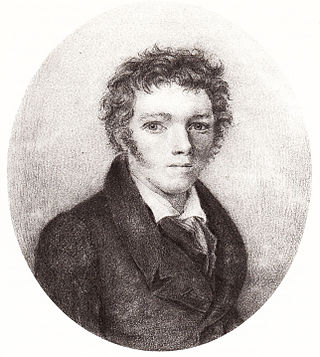
Wilhelm Hauff was a German poet and novelist.

Liselotte Pulver, sometimes credited as Lilo Pulver, is a Swiss actress. Pulver was one of the biggest stars of German cinema in the 1950s and 1960s, where she often was cast as a tomboy. She is well known for her hearty and joyful laughter. Her films outside of German cinema include A Time to Love and a Time to Die (1958), One, Two, Three (1961) and The Nun (1966).

Mespelbrunn is a community in the Aschaffenburg district in the Regierungsbezirk of Lower Franconia (Unterfranken) in Bavaria, Germany and a member of the Verwaltungsgemeinschaft of Mespelbrunn, whose seat is in Heimbuchenthal.

Weibersbrunn is a community with a population of close to 2,000 in the Aschaffenburg district in the Regierungsbezirk of Lower Franconia (Unterfranken) in Bavaria, Germany.
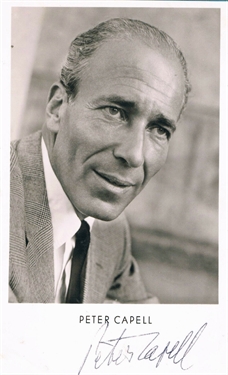
Peter Capell was a German actor who was active on screen from 1945 until 1985. Apart from a lengthy film career, he appeared in many television series and mini-series. He appeared in many old time radio programs including the series Dimension X.

The 11th Cannes Film Festival was held from 2 to 18 May 1958. The Palme d'Or went to The Cranes are Flying by Mikhail Kalatozov.
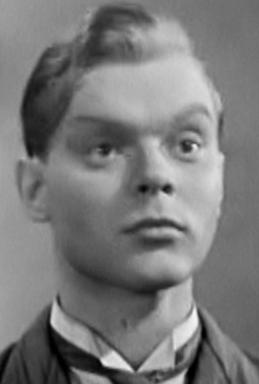
Hans Richter was a German film actor. He appeared in more than 130 films between 1931 and 1984, mostly in supporting roles. He was born in Brandenburg, Germany and died in Heppenheim, Germany.

The Spessart Inn is a 1958 West German musical comedy film directed by Kurt Hoffmann. It starred Liselotte Pulver and Carlos Thompson.
Paul Esser was a German stage and television actor and voice actor. He is remembered for playing the lead role in the Sender Freies Berlin version of the detective series Tatort. Esser was born in Geldern-Kapellen and died in Tenerife.

The Gaudeamus Hut is an Alpine club hut in the Kaisergebirge mountains in Tyrol. It is run by the Main-Spessart section of the German Alpine Club.
Joachim Teege was a German actor.

The Haunted Castle is a 1960 West German comedy horror film directed by Kurt Hoffmann. It was entered into the 2nd Moscow International Film Festival where it won the Silver Prize. The film is a sequel to The Spessart Inn (1958) and was followed by Glorious Times at the Spessart Inn (1967). It was shot at the Bavaria Studios in Munich. The film's sets were designed by the art directors Hein Heckroth and Willy Schatz.
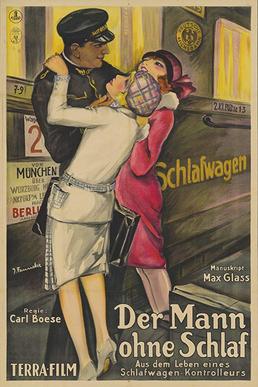
The Man Without Sleep is a 1926 German silent film directed by Carl Boese and starring Harry Liedtke, Maly Delschaft, and Fritz Kampers. It premiered in Berlin on 12 February 1926. The film's art direction was by Julius von Borsody.

Günther Lüders was a German actor. He appeared in more than 120 films between 1934 and 1975. He lived in Urfeld am Walchensee from 1954 until 1975.

Richard Angst was a Swiss cinematographer who worked on more than ninety films during his career, most of them in Germany. Angst emerged as a leading photographer of mountain films during the silent era. He often worked with the director Arnold Fanck, and accompanied him in 1937 for The New Earth his troubled 1937 co-production with Japan. While he worked on some Nazi propaganda films such as My Life for Ireland, many of the films he was employed on during the era were less political.

Günter Christian Ludwig Neumann was a German singer, composer lyricist, cabaretist and screenwriter. He contributed to many popular songs and worked frequently in the German film industry on productions such as The Berliner (1948).

The Unfaithful Eckehart is a 1931 German comedy film directed by Carl Boese and starring Ralph Arthur Roberts, Fritz Schulz and Paul Hörbiger. The film is based on the play of the same title by Hans Stürm. It was remade in 1940. A silent film was made by Reinhold Schünzel in 1928 under the title Don Juan in a Girls' School.

The Eselsweg is a long-distance hiking trail that follows an ancient trade route through the Mittelgebirge Spessart, in the states of Hesse and Bavaria, Germany. It is 111 km long and leads from Schlüchtern in the valley of the Kinzig river to Großheubach on the river Main. The trail follows an ancient trade route on which donkey caravans used to transport salt, thus giving rise to the name.
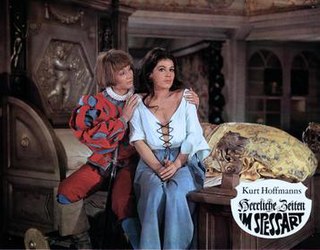
Glorious Times at the Spessart Inn is a 1967 West German comedy film directed by Kurt Hoffmann and starring Liselotte Pulver, Harald Leipnitz, and Vivi Bach.
References
- ↑ Grange p.146